
In brief
Bob Rhodes is the founder and President of LivesthroughFriends CIC, a social enterprise that demonstrates how those who have acquired the most complex reputations can live good lives when attention is paid to building relationship networks and a sense of purpose. In this blog, Bob shares a bit about their work in putting relationships first.
If you’d like to take the conversation about Rewilding Care further, Bob would be delighted to do so. Leave a comment below or send an email to bob@livesthroughfriends.org

Rewilding Britain
At Rewilding Britain, we define rewilding as the large-scale restoration of ecosystems to the point where nature is allowed to take care of itself. Rewilding seeks to reinstate natural processes and, where appropriate, missing species – allowing them to shape the landscape and the habitats within. It’s focused firmly on the future although we can learn from the past.
Rewilding encourages a balance between people and the rest of nature so that we thrive together. It can provide opportunities for communities to diversify and create nature-based economies; for living systems to provide the ecological functions on which we all depend; and for people to reconnect with wild nature.
A comparison struck me as I made my way home following the Citizen Network’s often exhilarating It’s Our Community event in Sheffield. I had spent a couple of days in the company of grassroots community organisations and peer support initiatives who exuberantly celebrated the impact that actively associating and taking personal agency had wrought in their lives. However, this was not a novelty to me – indeed I feel like I’ve witnessed that energy diminish over that past half-century. And I came away worried; not least because a significant number of the inspiring folk I had met expressed a simple faith that their example would change the system that they had not changed but rather disavowed.
In workshops and conversations I and others had sought to get people to think about:
- how professionals and services promote themselves as the prime solution to our ‘needs’, accentuating our dependency and diminishing our personal agency – as is inevitable and ‘normal’ within a market environment where service systems need and trade upon our perceived deficiencies.
- The importance of nurturing both strong and resourceful citizens, families and communities and local, enabling, skilled and complementary service systems.
- Hence, the fundamental importance of redefining the purposes and principles underpinning social services.
- The consequences of all-encompassing consumerism
- The ideological roots of the disintegrating system.
In hindsight, it is clear that such discussions are not at the centre of everyday conversations in most grassroots community groups. Pinching the strapline of Compass’s bi-weekly seminars, this is too “Bloody Complicated.” Indeed, one forceful leader looked at me aghast and said, “Do you mean this is political?”
As ever, people are preoccupied with getting by despite the system; rather than actively plotting revolution.
John McKnight put it this way:
Consumer society begins at the moment when what was once the province or function of the family and community migrates to the marketplace…
In adopting system life, people choose to yield sovereignty in exchange for the promise of predictability. Even families and communities turn over their sovereignty for the promise of a safe and predictable future.
In The Abundant Community: Awakening the Power of Families and Neighborhoods McKnight goes on to say:
Here is the rub: Systems that are constructed for order cannot provide satisfaction in domains that require a unique and personal human solution. They are unable to provide the satisfaction that they promise because of their very nature.
In short, the ‘promise’ is worthless.
So, on the train home, I mused upon keywords and straplines that we might use to generate conversations and facilitate conscientization. It struck me that, no matter how overwhelming the evidence throughout decades, ‘global warming’ repeatedly failed to grab widespread attention. However, people have got behind ‘climate change’ – perhaps because we experience and to some extent understand the weather and its palpable changes.
From there it wasn’t much of a leap to think about how the public understanding of the parallel ecological disaster arising from humanity’s self-interest and ignorance has unfolded. It has not taken too long, even for the most industrialised agribusinesses, for folk to get the message that getting out of the way and permitting nature to do what it does naturally is a powerful remedial strategy. ‘No Mow May’; field margins widened and left to their own devices; hedge planting; restored wild flower meadows; natural pest control with lacewings, ladybirds, or parasitic wasps; and wild corners in our gardens are all strategies familiar to casual viewers of Countryfile or Gardeners’ World. While most may not have progressed to considering the wild reintroduction of large free-roaming ungulates such as bison or top predators such as lynx and wolves, there’s a general understanding of the good sense associated with enabling nature to ‘have agency’.
For me, that rings a very loud bell. If we are to evolve a sustainable and truly caring society and effective and economic social services we, as was so clearly recognised by both Seebohm and Barclay Committees during the early years of Social Services Departments, must build upon the care that is naturally present in strong, resourceful and interdependent communities.
In pursuit of this, the challenge for Government is to restore agency to citizens and to design societal systems and social services that have their primary purpose in resourcing, supporting, and where necessary supplementing the relational, or associative, activities of families and communities.
This, of course, cannot be a top-down activity – hence the imperative to find an ‘imagery’ that is generally understood through which inclusive, democratic change can evolve.
I wonder then if ‘Rewilding Care’ has resonance?
When we talk to people about what really matters to them the universal answer is loving and reciprocal relationships closely aligned with a strong sense of belonging. These attributes are not in the gift of services BUT supplementary and complementary services can be designed to support families, friends and others to give their gifts.
However, concurrently, there’s a job to do in both ordering society to enable citizens to invest in relationships and supporting people to reject passive consumerism and assert active citizenship. At some point we all are likely to need care. Not to put to fine a point upon it, commissioned care institutionalizes. Is that really what we want for ourselves or those we truly care about?
Hilary Cottam is one of many social activists stunned by the silliness of marketized social care:
Relationships were allowed no place in the welfare state because they were thought at best not to matter and at worst to be a hindrance to social progress. But Beveridge realised he had made a mistake and now, when our human connections determine the social, emotional and economic outcomes of our lives, this omission matters more than ever. But in the intervening decades a reform process that has centred on management and control has further limited the possibility of human connection within existing systems. Today the welfare state concentrates on the efficient delivery of inputs and outcomes, trapping us in the cultures and mechanisms of transaction and limiting human connection.
In chorus with Hilary Cottam I would assert that, “our current systems whether financial, social, political, ecological, are actually beyond reform…”
So, here’s a thought for a new banner to galvanise action:
At Rewilding Care, we define rewilding as the intentional, societal-scale nurturing of interdependence and reciprocity to the point where real agency is restored to citizens, families and communities. Rewilding seeks to reinstate the natural interdependent societal relationships that have served humanity so well over millennia as the basis for a sustainable and flourishing future. Rewilding recognises that collaborative relationships constitute the basis of care and that professionals and services, that also have useful specialist roles, are complementary and supplementary actors whose core role is to support and strengthen the agency of citizens and their various associations. Rewilding means valuing people for their gifts rather than emphasizing and exploiting perceived deficiencies. Rewilding thrives on the apparent chaos of our unique lives and relationships. Rewilding Care builds upon the essence of humanity and it works!
If you’d like to take the conversation about Rewilding Care further, Bob would be delighted to do so. Leave a comment below or send an email to bob@livesthroughfriends.org
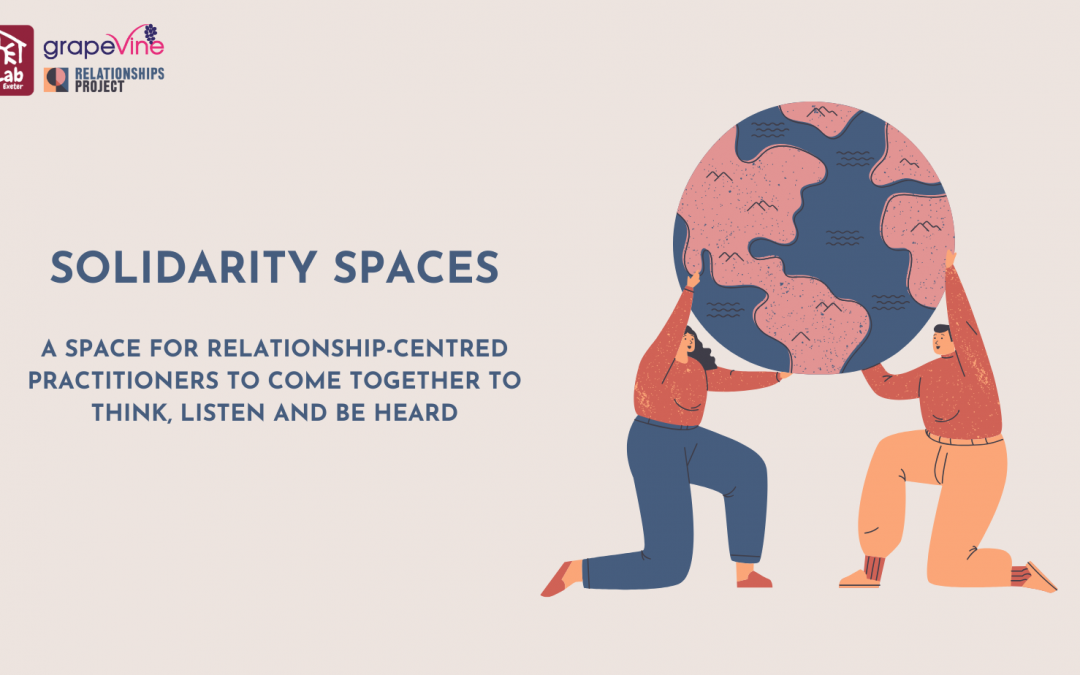
#SolidaritySpaces
Working in relational ways is joyful, empowering, revolutionary. In putting relationships first we unlock our shared humanity, we bring love into unloving spaces, and we acheive things we couldn't otherwise achieve. But working in relational ways can also be tough,...
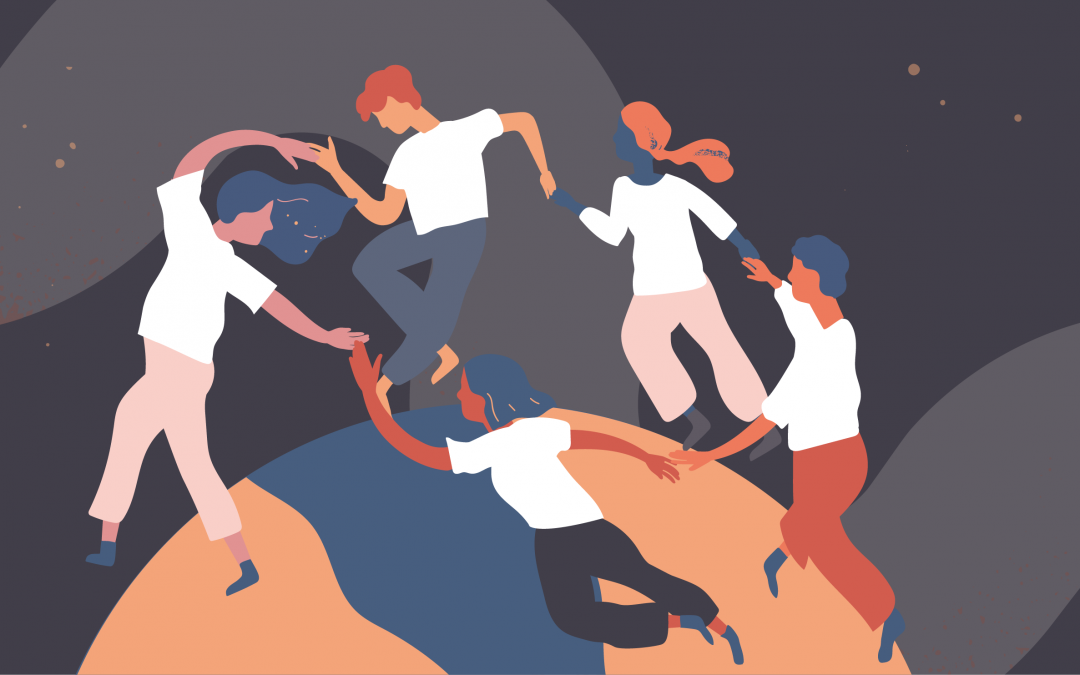
Our dreams for 2024-2029
In brief In 2021 The Relationships Project was delighted to secure funding for a 2 year project to start to build towards a 20 year vision for a relationship-centred world (you might remember we shared our original application here). With 9 months to go until the end...

Sources of inspiration from across the field
Earlier in the Summer of 2023, we launched The Relationships Map: a growing directory of the many brilliant individuals and organisations putting relationships first in all that they do. It's our hope that the map will act as a springboard for connections to be made,...
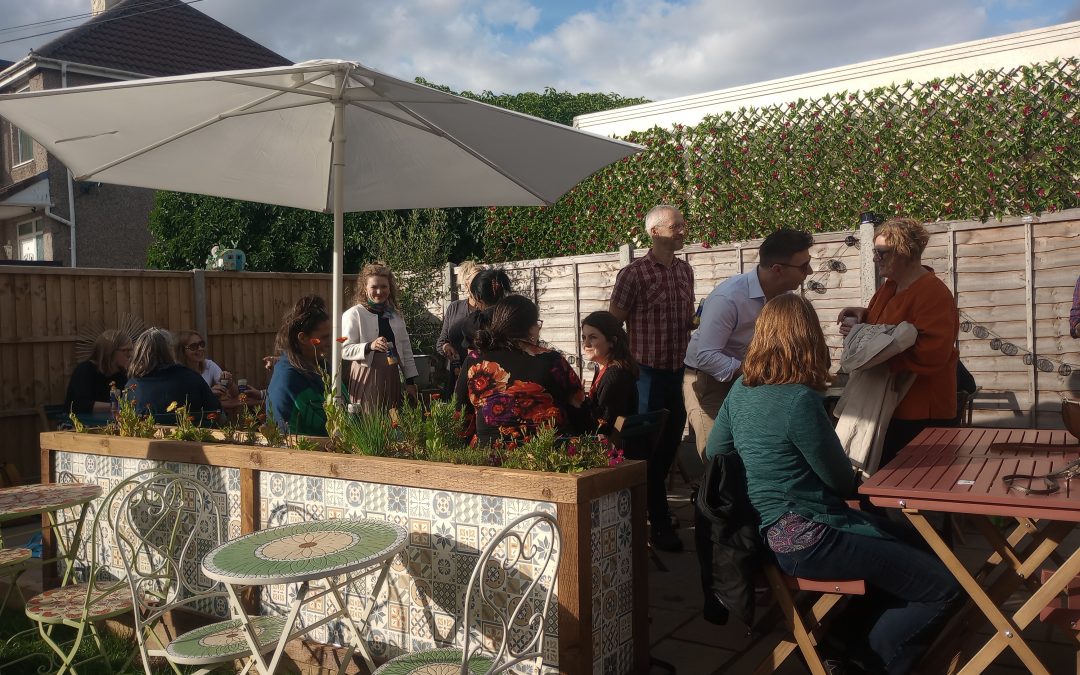
Coventry, Captured: A Convening of Convenors
In brief In July 2023, the facilitators and conveners of 35 networks and coalitions gathered in Coventry to explore what we can achieve together, in pursuit of a more relationship-centred world, that we can’t achieve alone. Here, we share some of the many themes that...
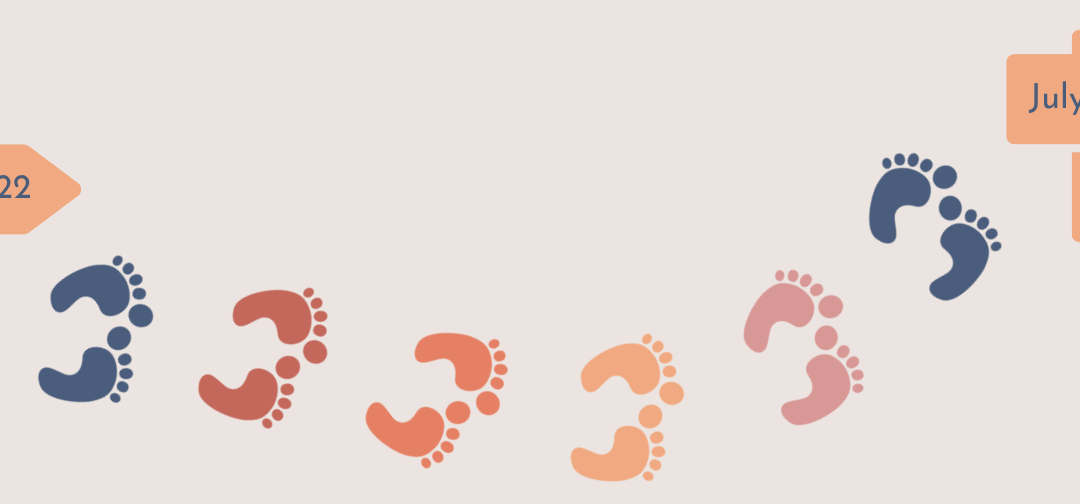
Bringing People Together: The story so far
In brief Back in July 2021, we shared our proposal to the National Lottery Community Fund’s Bringing People Together Fund. We were delighted to be awarded the funding and we now find ourselves one year into our two year plan towards a 20 year vision of a world built...

Relational Councils: Learning from crisis
Mutual aid was driven from the ground up but flourished with appropriate support from local councils. The UK response to refugees arriving from Ukraine was led from the top down but could only succeed with local engagement. What can we learn from this approach to the...

In conversation: Mayday Trust and Relationships Project
In brief In this blog, Relationships Project founder David Robinson, and Alex Fox, chief executive of Mayday Trust, reflect on the role that relationships and relationship-building play in creating effective public services and charities, and what connects and...
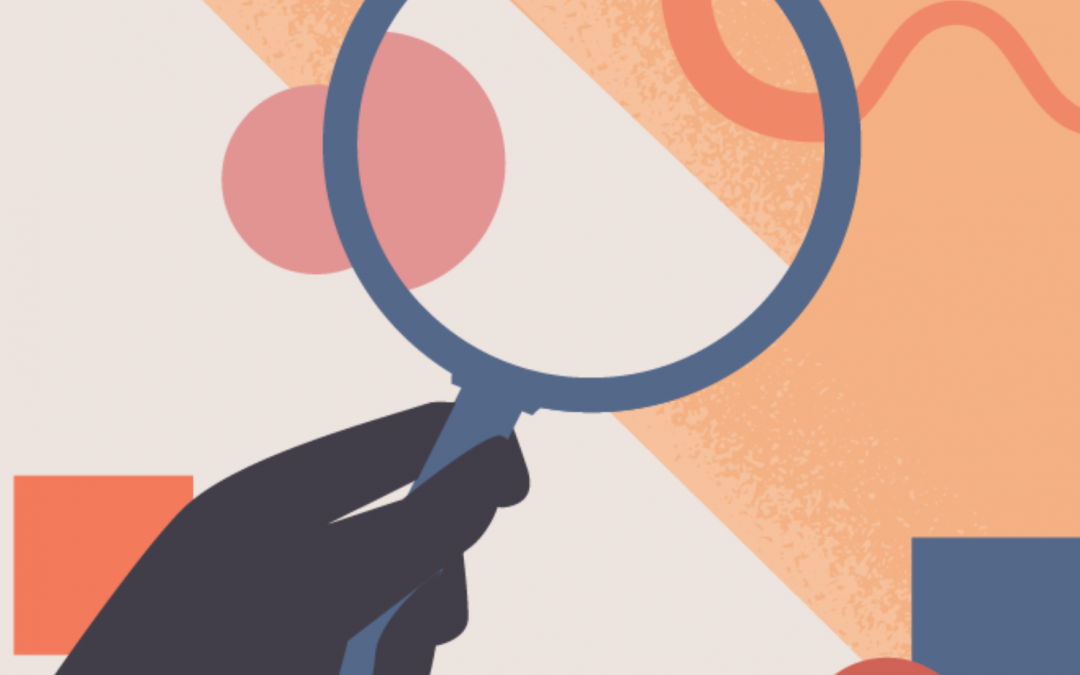
The Relationships Learning Network
Coming soon The Relationships Project is planning an interdisciplinary learning network focused on Relationship-Centred Practice. Along with our friends from the After Disasters Network, we are hosting an open Zoom meeting to talk about the plan at 2-4pm BST on 21st...
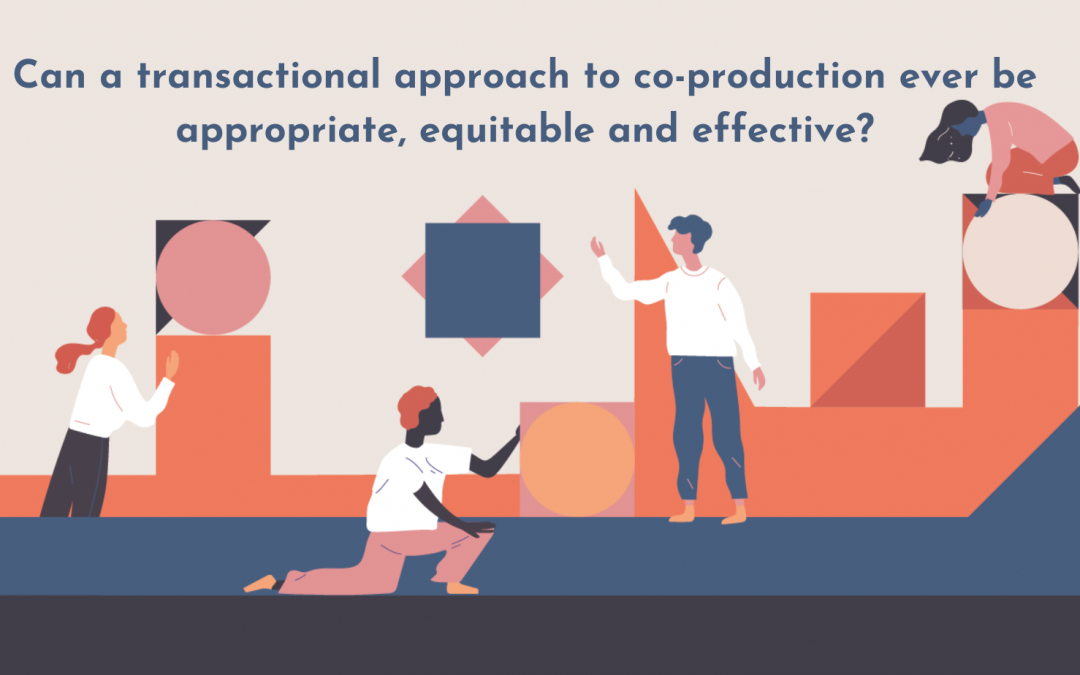
Can a transactional approach to co-production ever be appropriate?
On the 15th June 2023, 85 of us came together to explore whether a transactional approach to co-production can ever be appropriate. Co-production has become something of a buzz word. Done well, it can transform outcomes, but too often co-production becomes a...

Sustaining the care: Learning from the Warm Hubs experience
What can we learn from the Warm Hubs experience about how to create ‘relational spaces’? And how can this learning, combined with the learning from the community response to the covid pandemic, inform and inspire a bottom up, relationship centred approach to...
